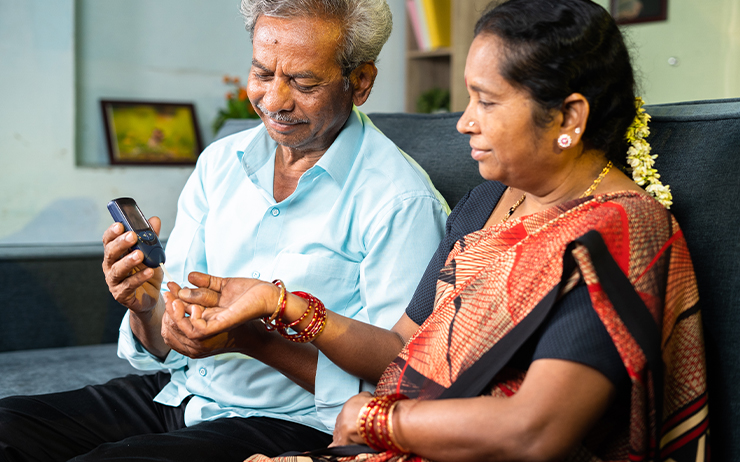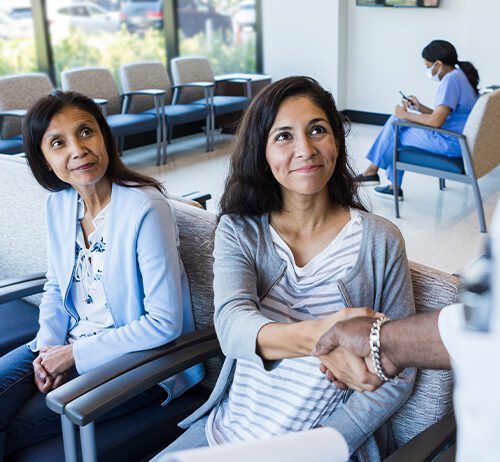29 March 2023
Understanding Diabetes: Causes, Symptoms and Prevention
by Susheela Mary (Nursing Manager)
This article explores the causes and symptoms of diabetes, as well as lifestyle changes that can help prevent or delay the onset of the disease. It also provides an overview of the various treatments available for diabetes, including medication and lifestyle modifications.

